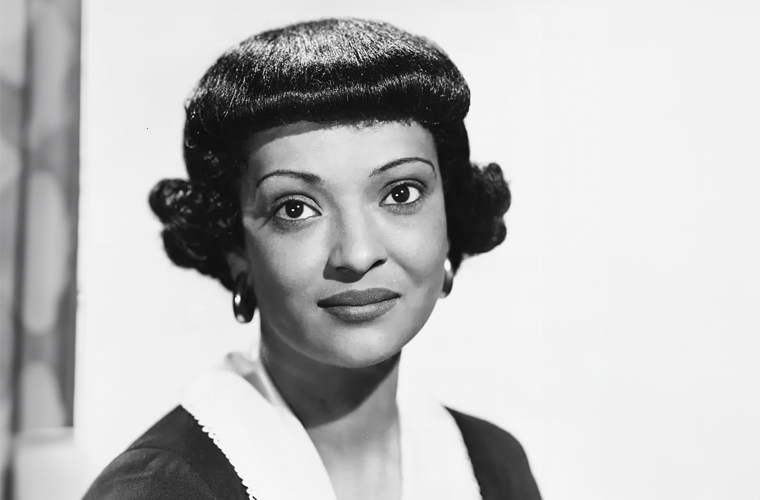Nina Mae McKinney was an influential figure in the entertainment industry during the early 20th century. Born on June 13, 1912, in Lancaster, South Carolina, she rose to fame as one of the first African American actresses to gain international recognition. McKinney’s career began at a young age when she won a beauty contest that led to her being discovered by a talent scout. She soon made her way to New York City, where she landed a role in the groundbreaking Broadway musical “Blackbirds of 1928.” This production catapulted her to stardom and established her as a trailblazer for African American performers in the entertainment industry.
In 1929, McKinney made history by starring in the film “Hallelujah,” directed by King Vidor. This marked the first time that an African American actress had a leading role in a mainstream Hollywood production. Her performance in the film was widely acclaimed, and she quickly became known as the “Black Garbo,” a reference to the iconic Swedish actress Greta Garbo. Throughout the 1930s, McKinney continued to break barriers in Hollywood, appearing in several films and solidifying her status as a pioneering actress. Despite facing racial discrimination and limited opportunities for African American performers, she persevered and left an indelible mark on the entertainment industry.
In addition to her acting career, McKinney was also a talented singer and dancer. She showcased her musical abilities in various performances and further demonstrated her versatility as an artist. McKinney’s impact extended beyond her artistic endeavors. She used her platform to advocate for racial equality and social justice, speaking out against discrimination and inequality in the entertainment industry. Her activism laid the groundwork for future generations of African American performers and paved the way for greater representation in film and theater.
Despite facing challenges and adversity throughout her career, McKinney’s legacy endures as a testament to her resilience, talent, and unwavering commitment to breaking down barriers for African American artists. In recognition of her contributions to the entertainment industry, McKinney was posthumously honored with various awards and accolades. Her pioneering spirit continues to inspire aspiring performers and serves as a reminder of the importance of diversity and inclusion in the arts.
Nina Mae McKinney’s impact on the entertainment industry transcends time, and her legacy serves as a beacon of hope and empowerment for future generations. Her groundbreaking achievements and unwavering determination have solidified her place in history as a trailblazer for African American artists and a symbol of resilience in the face of adversity.


